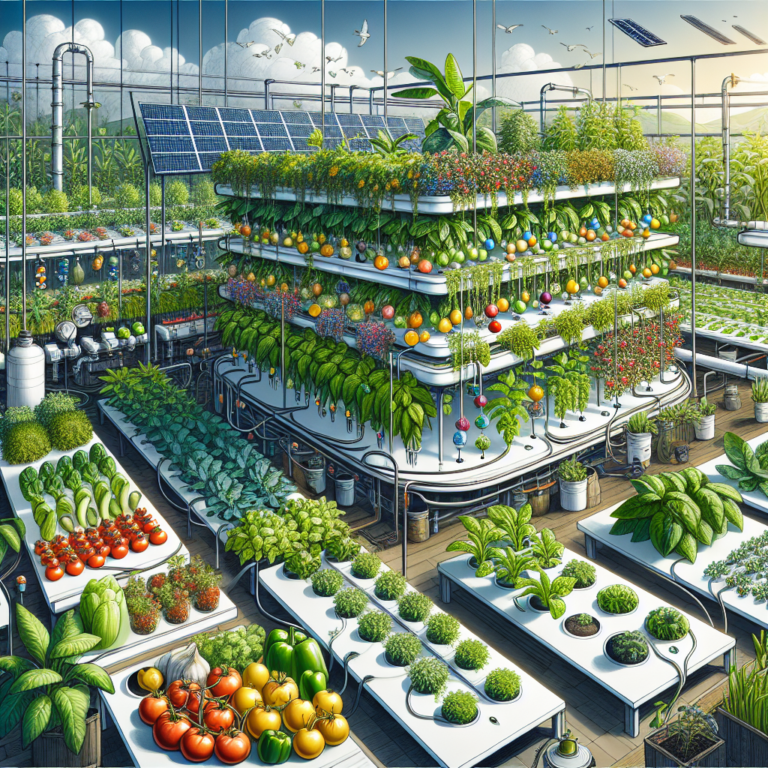As the demand for fresh produce continues to rise, farmers are looking for innovative ways to maximize their crop yields while maintaining sustainability. One method gaining popularity is hydroponic crop systems, which involve growing plants without soil in nutrient-rich water.
Hydroponic systems offer numerous advantages over traditional soil-based farming. These include faster growth rates, higher yields, and reduced water consumption. By providing plants with a precisely controlled environment, farmers can optimize growing conditions and minimize the risk of pests and diseases.
To maximize yields with hydroponic systems, farmers must carefully monitor and adjust key variables such as nutrient levels, pH, temperature, and light intensity. By fine-tuning these parameters, farmers can encourage robust plant growth and achieve higher yields than would be possible in a traditional soil-based system.
In addition to maximizing yields, hydroponic systems also offer sustainability benefits. By recycling and reusing water, farmers can reduce water usage by up to 90% compared to traditional farming methods. This not only conserves a valuable resource but also helps to reduce the environmental impact of agriculture.
Furthermore, because hydroponic systems can be set up in controlled environments such as greenhouses, farmers can grow crops year-round regardless of the local climate. This reduces the need for long-distance transportation of produce, which can help to lower carbon emissions and support local food systems.
By combining the advantages of hydroponic crop systems with sustainable practices such as organic farming methods and renewable energy sources, farmers can create a truly environmentally friendly and efficient food production system. This not only benefits the planet but also ensures a reliable and high-quality food supply for consumers.
In conclusion, maximizing yields and sustainability with hydroponic crop systems offers a promising solution for meeting the growing demand for fresh produce while reducing the environmental impact of agriculture. By embracing this innovative farming method and implementing sustainable practices, farmers can create a brighter and more sustainable future for food production.
